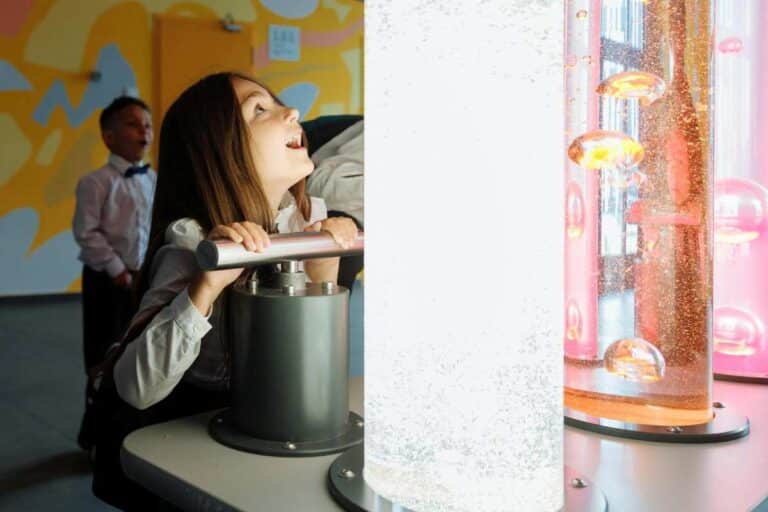What’s the Difference—and Which One Is Right for Your Child?
If your child is having a hard time in school—whether with learning, attention, emotions, or behavior—you may be wondering what kind of evaluation they need.
Schools offer evaluations. So do private specialists like me. But what’s the difference? And how do you know which is right for your child?
As a pediatric neuropsychologist, I get this question often. Below is a clear breakdown to help you make an informed decision.
🎯 1. Purpose of the Evaluation
🏫 School Evaluation:
Focuses on whether your child qualifies for special education services or accommodations (like an IEP or 504 Plan). The goal is to determine if their struggles are impacting their access to the general education curriculum.
🧠 Private Neuropsych Evaluation:
Focuses on why your child is struggling. I look closely at how your child’s brain processes information, and evaluate thinking skills like memory, attention, language, learning, and problem-solving. The goal is to understand your child fully—and guide meaningful support.
🔍 2. Depth and Scope
🏫 School Evaluations:
Usually include basic academic and cognitive testing, and teacher input. These are often more limited in scope due to time and resources.
🧠 Private Evaluations:
Much more comprehensive. I assess cognitive, emotional, behavioral, and developmental factors to get a full picture. I also look at your child’s history, environment, and daily functioning—not just test scores.
👩⚕️ 3. Who Does the Testing
🏫 School:
Typically done by a school psychologist. School psychologists are typically master’s-level clinicians focused on educational needs. Neuropsychologists hold doctoral-level training with specialized expertise in brain development and complex diagnoses, allowing for a more in-depth understanding of how your child thinks, learns, and functions.
🧠 Private Practice (Me!):
As a pediatric neuropsychologist, I have advanced training in how the brain impacts learning, emotions, and behavior. I can detect subtle patterns and overlapping challenges that school evaluations may miss.
🧾 4. Diagnoses and Clarity
🏫 School Evaluations:
Schools can identify educational disabilities but don’t give formal medical diagnoses (like ADHD, autism, or anxiety). Because their primary focus is on educational impact, they may not assess all contributing factors or differentiate between overlapping conditions in the same way a clinical specialist would.
🧠 Private Evaluations:
I can provide formal diagnoses when appropriate and explain how different factors (e.g., anxiety, processing speed, learning style) interact. This gives you clearer answers—and a plan of action.
📝 5. Recommendations and Support
🏫 School:
Recommendations are focused on what the school can provide (accommodations, services, instructional changes).
🧠 Private Practice:
I offer recommendations for school and home—plus referrals to outside support like therapy, executive functioning coaching, or tutoring. Every plan is personalized to your child’s unique needs.
🤔 So… Which One Is Right for Your Child?
Both evaluations can be valuable, and in some cases, families choose to do both. But a private neuropsychological evaluation may be the best next step if you:
- Want deeper answers about what’s really going on
- Feel like something is being missed
- Suspect more than one issue may be affecting your child
- Need a formal diagnosis to guide treatment or school planning
💡 Final Thoughts
A private neuropsychological evaluation offers a comprehensive, compassionate look at your child’s brain and behavior—not just where they struggle, but how they think, feel, and learn best.
I’m here to help you better understand your child—and to help them get the support they deserve to thrive at school, at home, and beyond.



